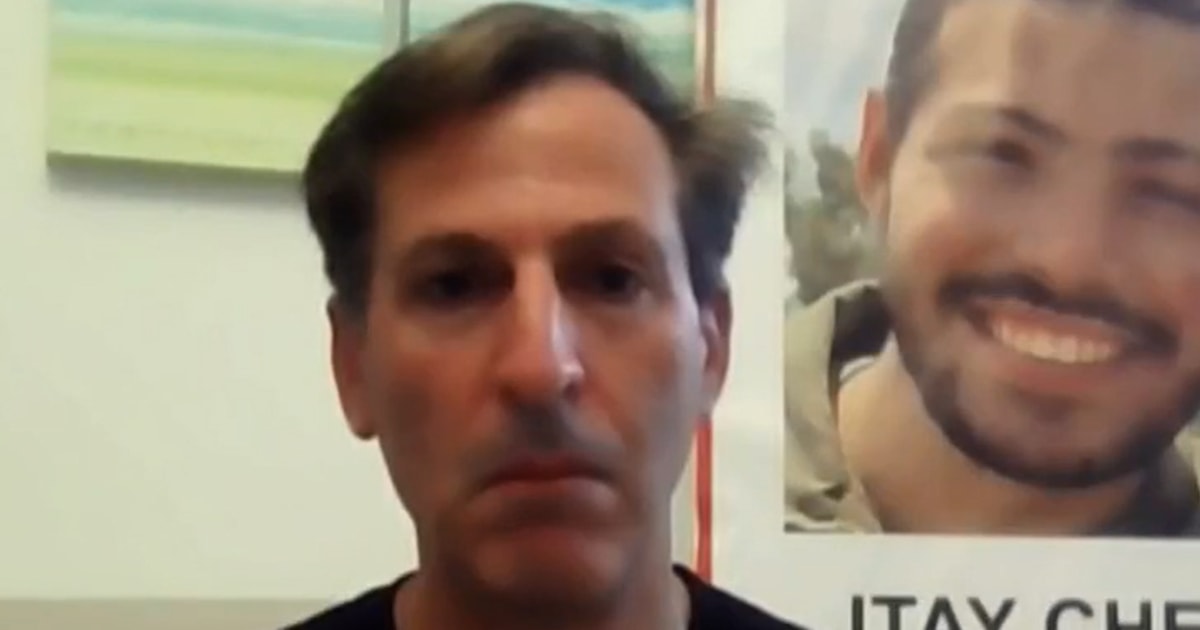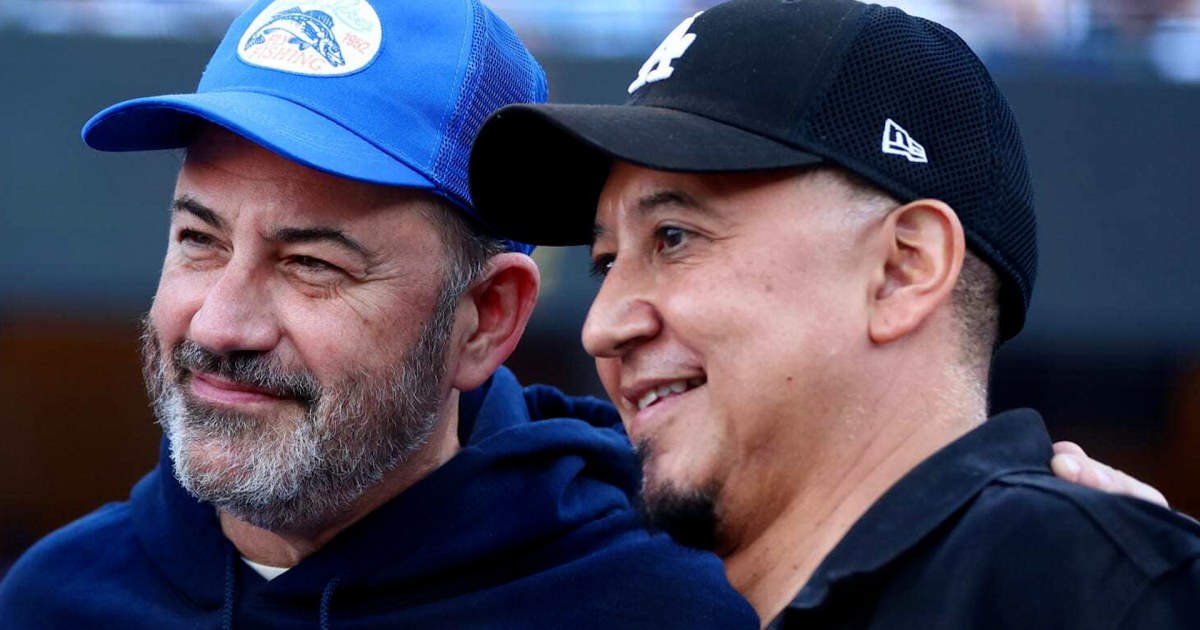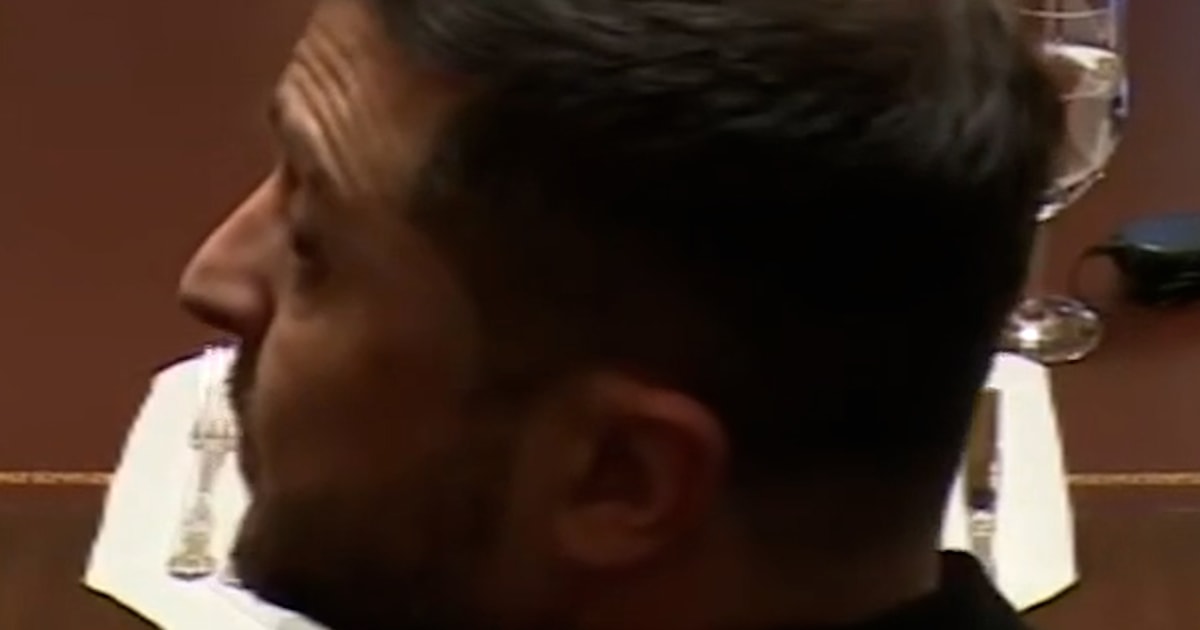Ruby Chen, the father of Israeli-American soldier Itay Chen, who was among the 1,200 killed in the Hamas-led attacks on Oct. 7, 2023, tells NBC News’ Tom Llamas that he’s thankful for American officials’ efforts to bring the remains of his son home.
Source link
Father of soldier killed in Oct. 7 attacks thanks U.S.




